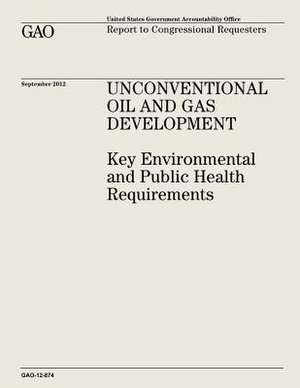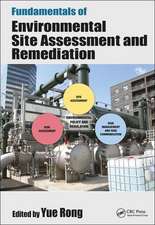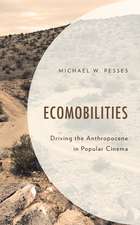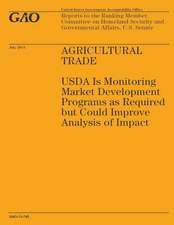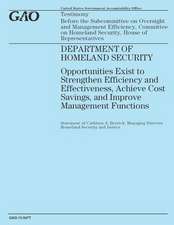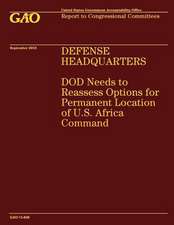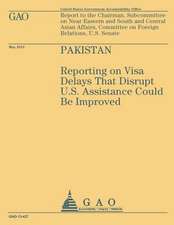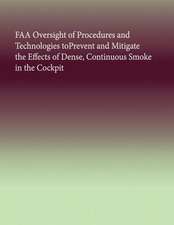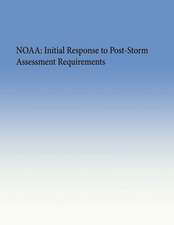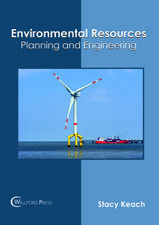Unconventional Oil and Gas Development
Autor U. S. Government Accountability Officeen Limba Engleză Paperback
Preț: 180.52 lei
Nou
Puncte Express: 271
Preț estimativ în valută:
34.55€ • 37.55$ • 29.04£
34.55€ • 37.55$ • 29.04£
Carte disponibilă
Livrare economică 31 martie-14 aprilie
Preluare comenzi: 021 569.72.76
Specificații
ISBN-13: 9781482771534
ISBN-10: 1482771535
Pagini: 246
Dimensiuni: 216 x 279 x 13 mm
Greutate: 0.58 kg
Editura: CREATESPACE
ISBN-10: 1482771535
Pagini: 246
Dimensiuni: 216 x 279 x 13 mm
Greutate: 0.58 kg
Editura: CREATESPACE
